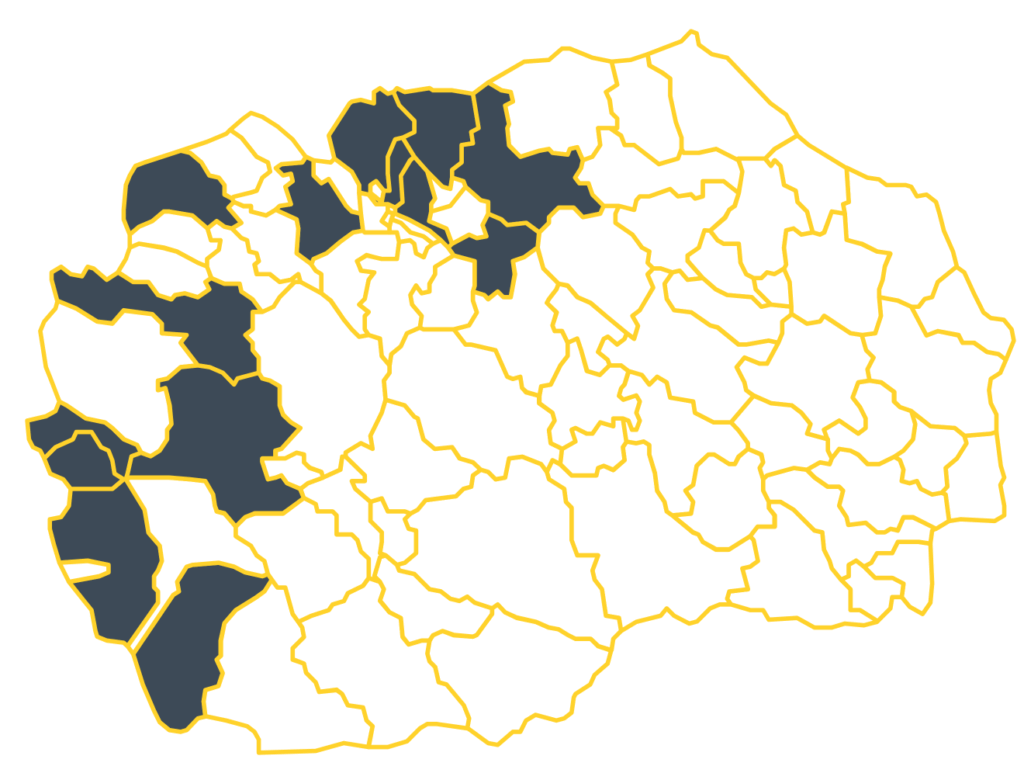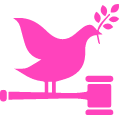NORTH MACEDONIA
BACKGROUND AND CONTEXT
GCERF’s work in North Macedonia has achieved significant progress in supporting the reintegration and rehabilitation of returnees while strengthening community resilience against violent extremism. Through collaboration with local organisations, GCERF has facilitated essential individual and family counselling, fostering trust and open communication.
GCERF began investing in the country in 2021 and till date USD 1.8 million has been invested.
OUR INVESTMENT STRATEGY IN NORTH MACEDONIA
GCERF’s investment strategy outlines a comprehensive approach to address the drivers of violent extremism and guides civil society organisations in designing their programmes.
GCERF funds programmes that:
Provide comprehensive reintegration support for returnees and their families by addressing psychological, vocational, and social needs through tailored, individualised assistance to reduce the risk of recidivism and foster positive life
Create an environment of community acceptance by promoting inclusion and reducing stigma toward returnees which is key to preventing marginalisation and alienation
Establish sustainable support structures to ensure long-term reintegration and resilience at the community level
KEY FIGURES
(cumulative from 2021 to March 2025)
AREAS WHERE WE WORK
North-eastern region, Polog, Skopje, South-western region

Newsletter

Sustainable Development Goals

Peace, Justice & Strong Institution
No Poverty

Quality Education

Gender Equality

Decent Work & Economic Growth

Reduced Inequalities

